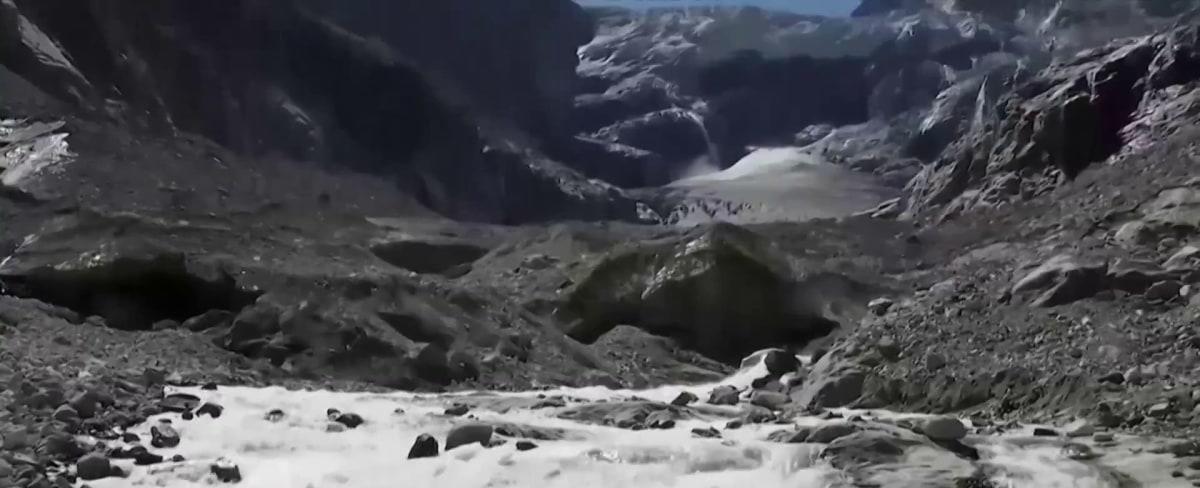World’s glaciers melting at record levels due to climate change

Glaciers around the world are melting at an alarming rate due to climate change, experts say. The past two decades have witnessed the most significant loss of ice mass since records began, with researchers warning that the current trends may lead to catastrophic consequences. The findings of a study conducted by the University of Zurich reveal that between 2000 and 2019, global glaciers’ mass declined by an average of 267 billion metric tonnes. This loss is equivalent to pouring about 1.5 million Olympic-sized swimming pools full of water into the ocean every year for two decades. The research’s authors noted that the melting glaciers were responsible for almost 21% of the sea-level rise observed during the period under review. The melting is not only contributing to higher sea-levels but also threatens freshwater resources for millions of people worldwide.
The study’s lead author, Michael Zemp, said that global warming had caused a massive shrinkage of glaciers, leading to the release of billions of tonnes of water into the ocean. As a result, entire ecosystems are being disrupted, and populations globally are struggling with severe droughts and water shortages. The research is evidence of the severe consequences of climate change that are already being felt worldwide.
The study’s findings alarmingly demonstrate the continuing harm of human activities on the environment, and it is high time that we reinforce our efforts to protect the planet. The melting glaciers are causing a string of ecological and social impacts worldwide; they are accelerating sea-level rise, increasing the frequency and severity of extreme weather events, and affecting millions of people who rely on freshwater from these glaciers. The study underscores the urgency to address climate change, preserve our natural resources, and prevent catastrophic consequences.
Quick Links

